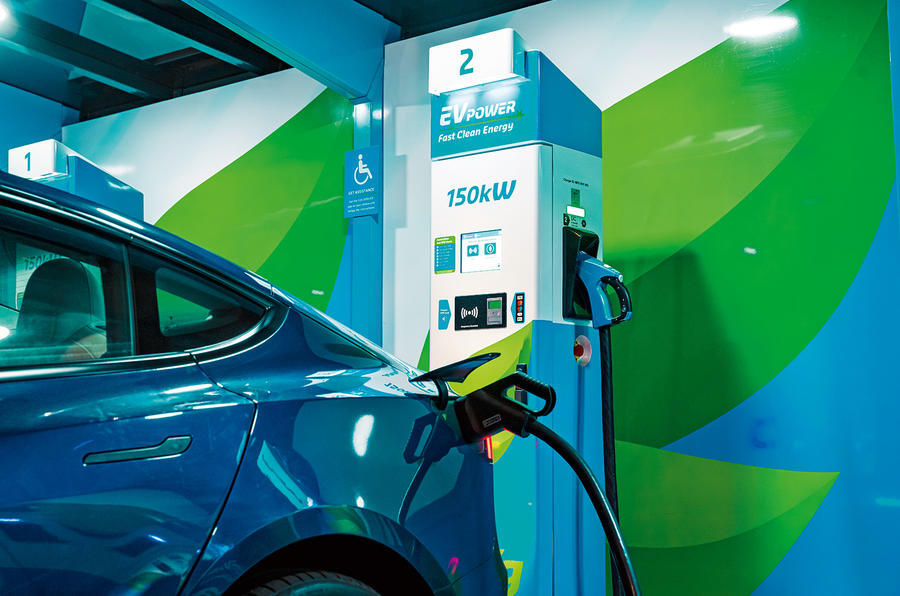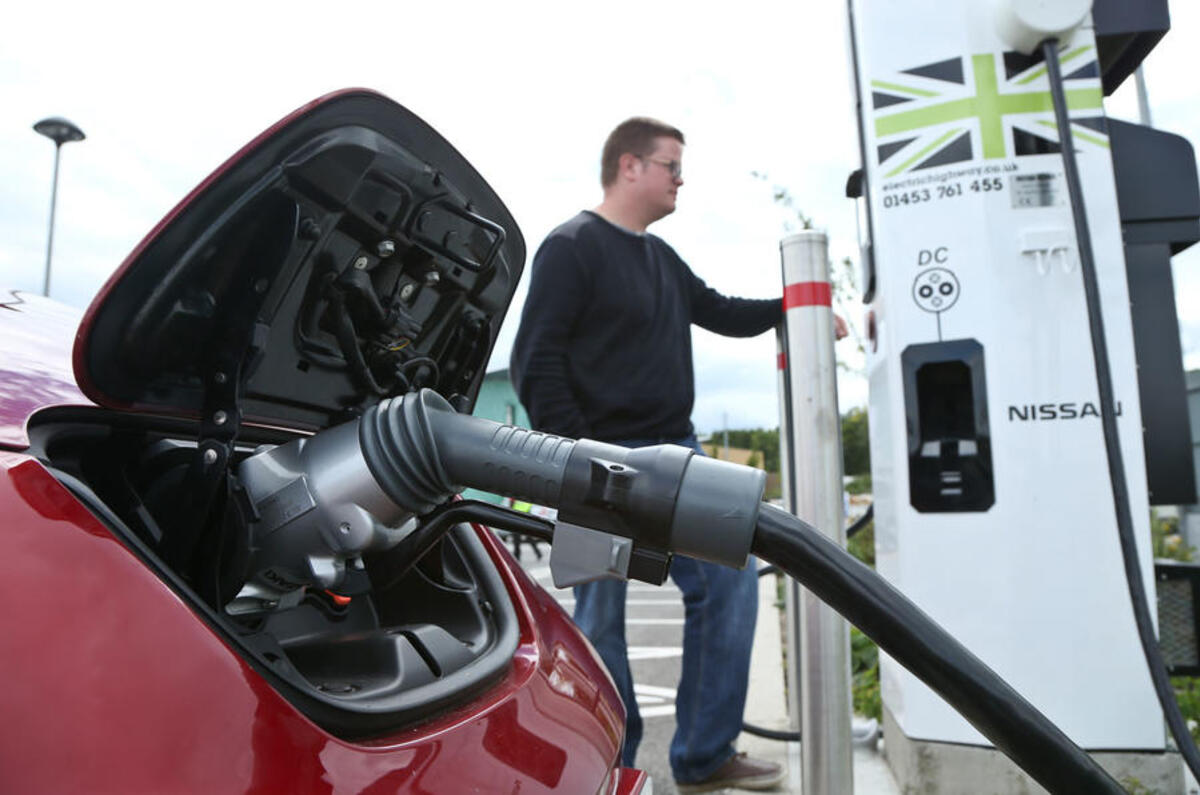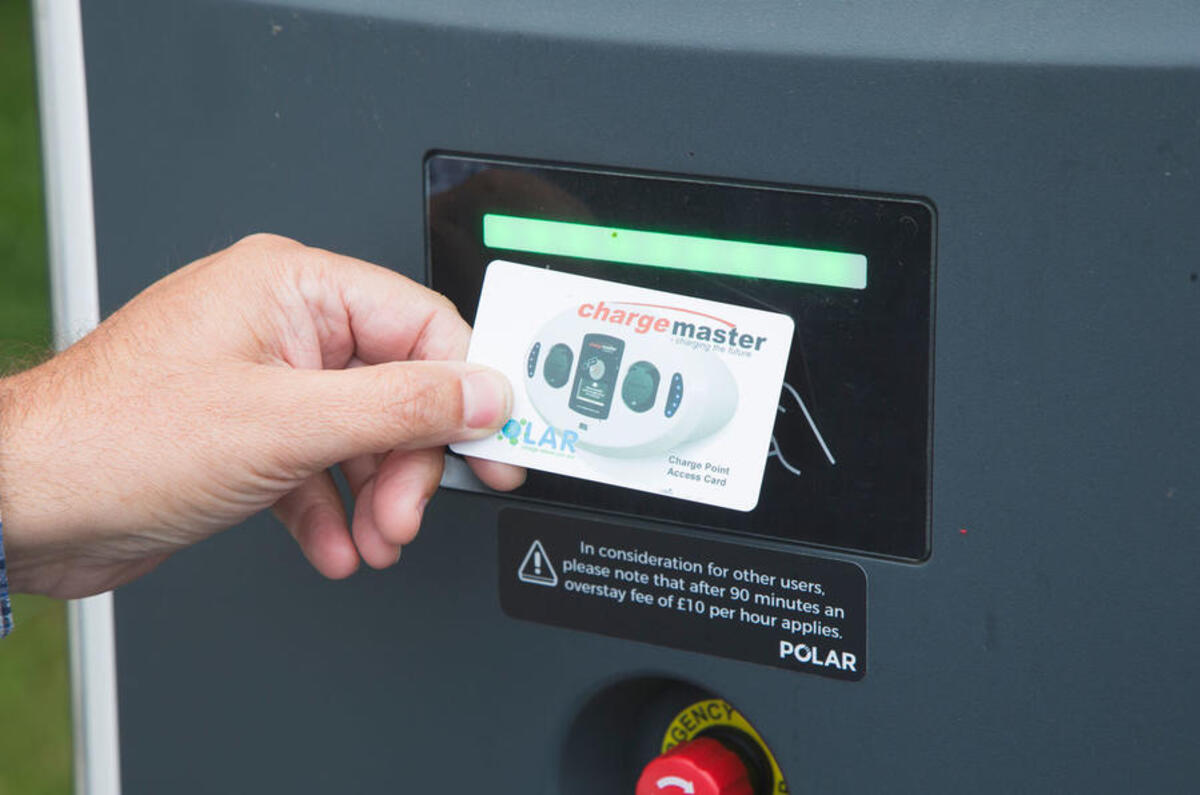The UK government will increase the number of electric vehicle charging stations tenfold by 2030, swelling its electric vehicle infrastructure strategy fund by an additional £450 million.
The investment is part of the government's £1.6bn electric vehicle infrastructure strategy. It will increase the total number of charge points in the UK to 300,000 by 2030, which the government says is five-times the number of fuel pumps in the UK today.
Around £500m will go towards installing “high-quality, competitively priced” public charge points across the UK, a figure that includes the introduction of a £450m local electric vehicle infrastructure (LEVI) fund for on-street charging and hubs.
Meanwhile, £950m has been earmarked to install 6000 rapid charging points along the UK’s motorway system.
An additional £50m will be used to fund staff who will research local EV challenges and charge point planning, so future developments can complement other methods of travel, including cycling and walking.
The Department for Transport says local authorities can bid for a share of £10m, which could support more remote areas and allow them to “work with industry and boost public charging opportunities”.
Prime minister Boris Johnson said: “We’re powering ahead with plans to help British people go electric, with our expanding charging network making journeys easier right across the country.
“Clean transport isn’t just better for the environment but is another way we can drive down our dependence on external energy supplies. It will also create new high-skilled jobs for our automotive and energy sectors and ultimately secure more sustainable and affordable motoring for all.”
The plans also mandate an increased accessibility level for charge points. Operators will be required to accept contactless payments, as well as provide real-time data so drivers can check the status of a charger.
In addition, rapid chargers will also require a 99% reliability rating, which, the DfT says, will “help eradicate so-called range anxiety”.
Transport secretary Grant Shapps said: “No matter where you live – be that a city centre or rural village, the north, south, east or west of the country – we’re powering up the switch to electric and ensuring no one gets left behind in the process.
“The scale of the climate challenge ahead of us all is well known and decarbonising transport is at the very heart of our agenda… That’s why we’re ensuring the country is EV fit for future generations by the end of this decade, revolutionising our charging network and putting the consumer first.”








Join the debate
Add your comment
Brilliant…. Does anybody edit the copy the work experience kids phone in?
All well and good that the current Government are trying to do this among other as important stuff that in different ways affects us all, but, assuming we still have a Tory Government by then, will all charge points be serviceable, will any broken ones be fixed within 24hrs guaranteed?